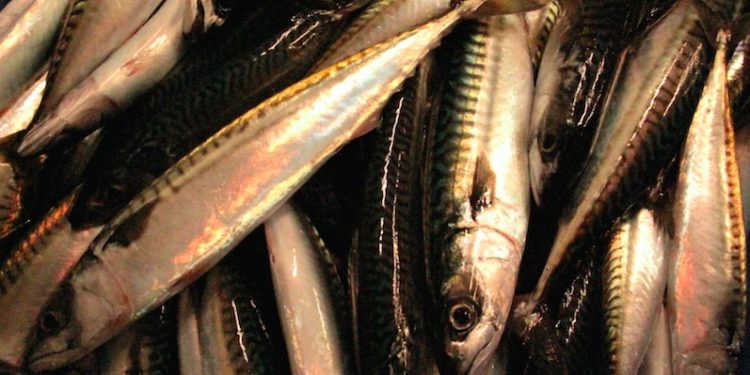Faroese herring has been MSC certified since 2012, and now gets it re-certification, while this is a new certification for Faroese mackerel and blue whiting, each of which represents an approximately half-million tonne annual fishery.
Assessments were carried out during a 15-month process by Det Norske Veritas to examine the status of these three key pelagic stocks in Faroese waters and the management regime that governs fisheries. Currently there is a tripartite agreement between the Faroe Islands, Norway and the European Union for the 2014-18 period. According to an MSC statement, the next logical step is to agree long-term quotas for Iceland, as well as other third country fisheries, although in the short term, this is addressed with the provision of a set-aside for Iceland and other nations.
‘We are pleased that we have now achieved MSC certification on the three most important pelagic fisheries for the members of FPO,’ said Jógvan Jespersen, managing director at Faroese Pelagic Organisation (FPO) Nótaskip,
‘These certifications demonstrates that the Faroese fisheries of these three pelagic species pass with conditions the requirements for which are set in the MSC standards. In all fisheries the conditions are about the need for getting coastal states’ agreement in place. FPO will continue to be active part of the coastal states negotiations for those species. We hope that all coastal states will in the near future agree on TAC allocation for all species.’
The MSC certificates are held by members of the Faroese Pelagic Organisation (FPO) and Felagið Ídnaðarskip (FIV), representing 11 vessels in total and employing around 300 fishermen.
‘We are pleased that these certifications are now completed and we are pleased that the fishery client is committed to complete voyage of getting all coastal states into agreement on how to manage and share this resource. That task is imperative to ensure the future health of these fish stocks,’ said Gísli Gíslason, MSC manager for Iceland, Faroe and Greenland.









